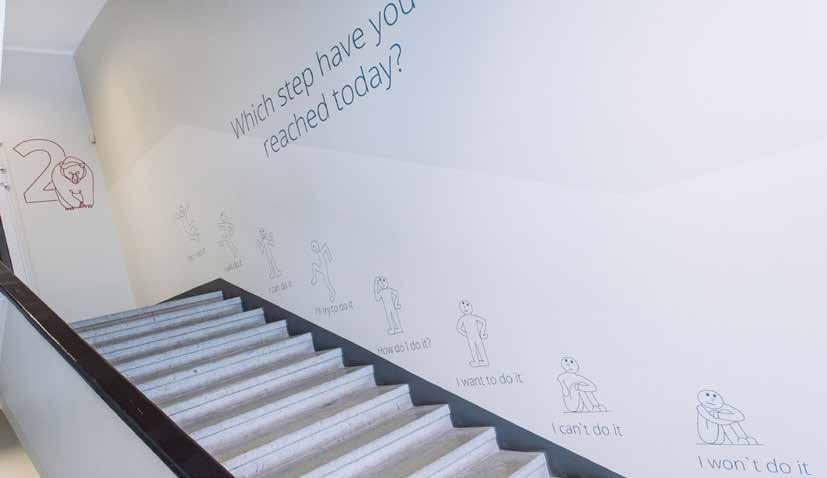ACADEMIC MISCONDUCT The most common forms of academic misconduct include the following: Lack of referencing in school assessments and IB DP assessments: Students submit work for school assessments and IB DP assessments in a variety of media that may include audio-visual material, text, graphs, images and/or data published in print or electronic sources. If a student uses the work or ideas of another person, the Student must acknowledge the source using a standard style of referencing in a consistent manner. Too much assistance and collusion: Although group work is a key element in components of certain subjects, students are expected to present assessments in their own words and acknowledge the words or ideas of others where collaboration has occurred.
However, there are other ways in which a student may be in breach of regulations. For example, if he or she: •
Duplicates work to meet the requirements of more than one assessment component.
•
Fabricates data for an assignment.
•
Takes unauthorised material into an examination room.
•
Disrupts an examination by an act of misconduct, such as distracting another student or creating a disturbance.
•
Exchanges support or attempt to keep the passing on of information that is or could be related to the examination.
•
Fails to comply with the instructions of the invigilator or other members of the School’s staff responsible for the conduct of the examination.
•
Impersonates another student.
•
Uses Google Translate or other similar means for a second language assessment unless explicitly permitted by the teacher.
•
Uses summary books or websites like Spark Notes for assessments instead of the original text.
•
Steals examination papers.
•
Discloses or discusses the content of an examination paper with a person outside the immediate school community within 24 hours after the examination.
IB DIPLOMA PROGRAMME HANDBOOK FOR STUDENTS AND PARENTS 2021–2022
47











